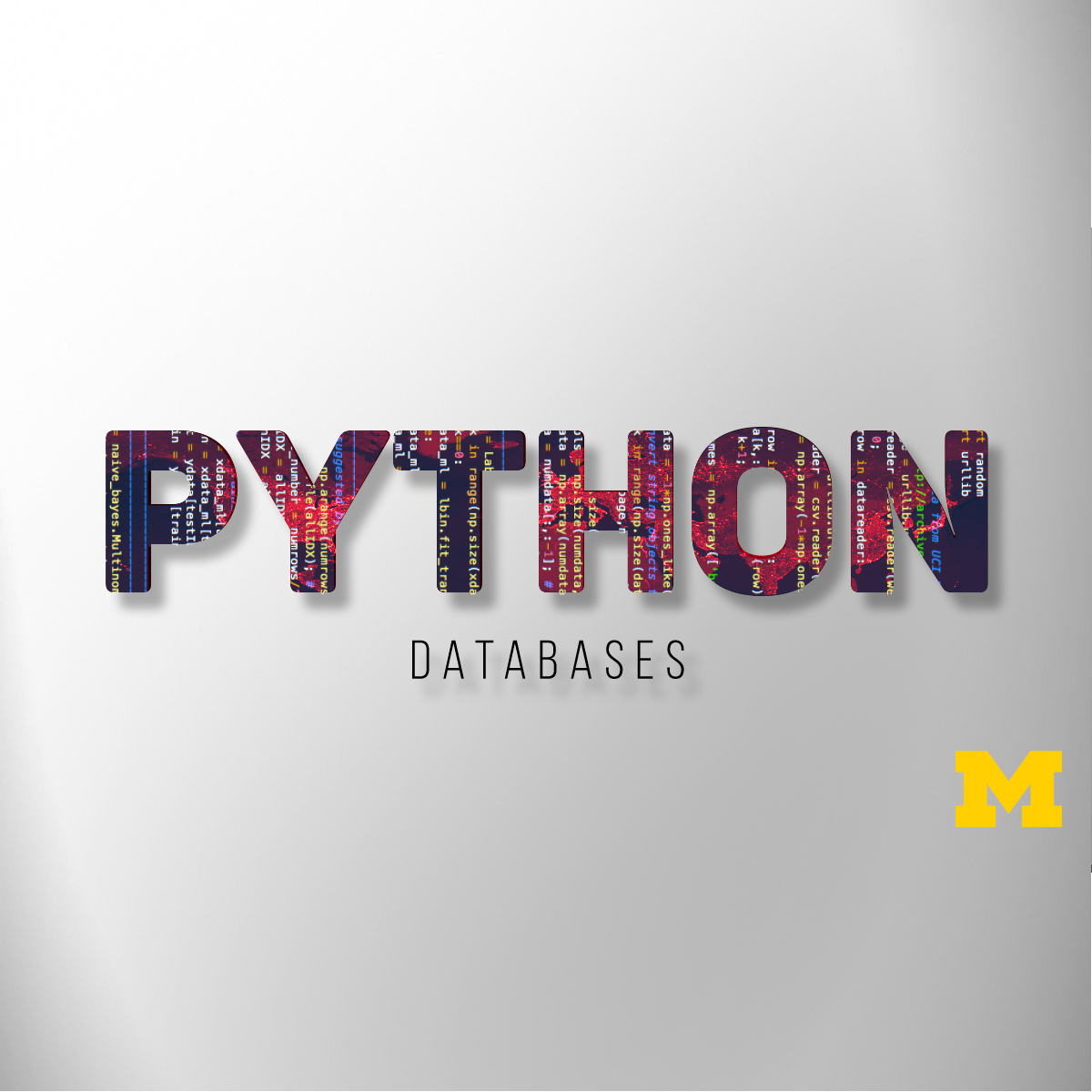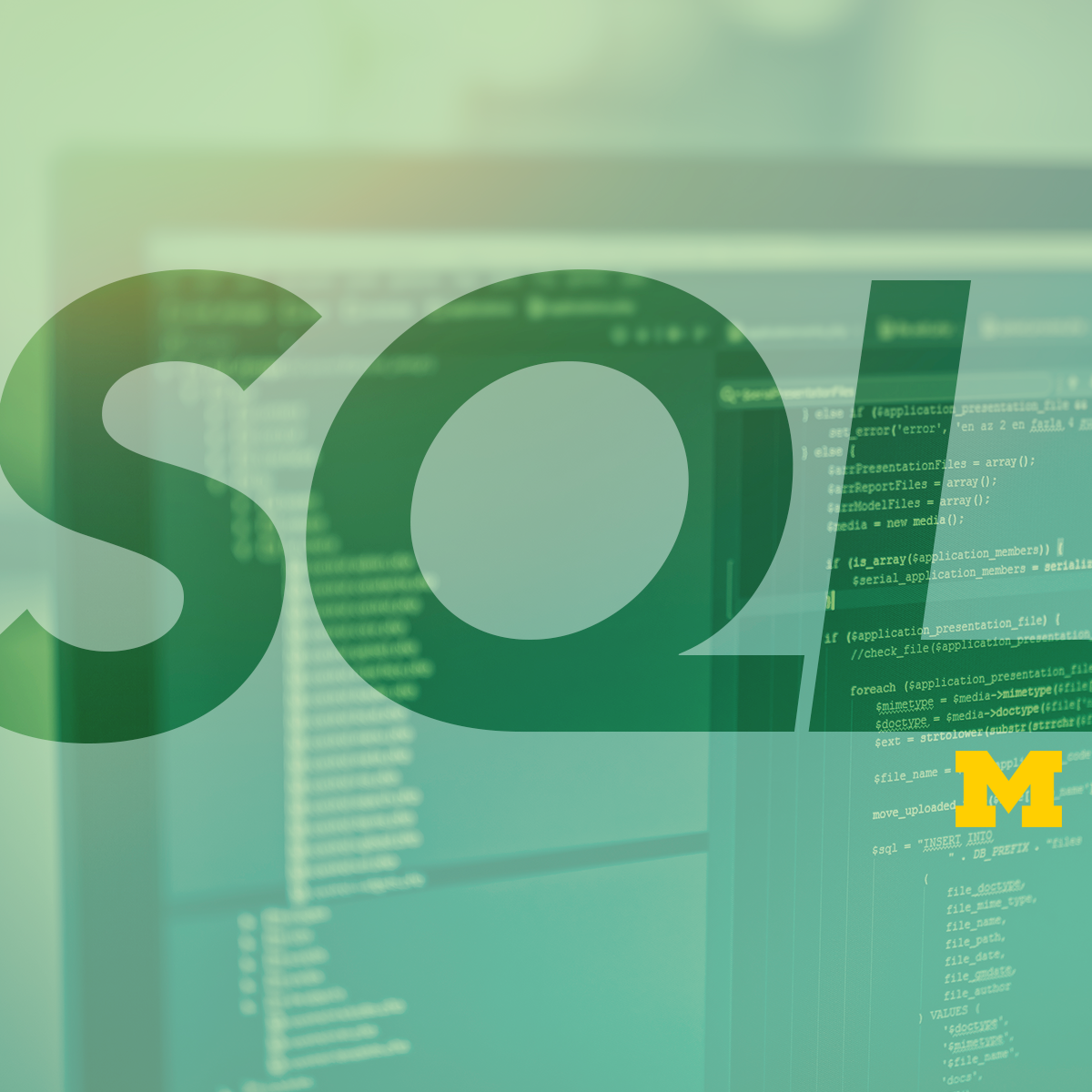Meta Database Engineer Professional Certificate Course Overview
Want to get started in the world of database engineering? This program is taught by industry-recognized experts at Meta. You’ll learn the key skills required to create, manage and manipulate databases, as well as industry-standard programming languages and software such as SQL, Python, and Django.
Upon completion, you’ll get exclusive access to the Meta Career Programs Job Board—a job search platform that connects you with 200+ employers who have committed to sourcing talent through Meta’s certificate programs and career support resources to help you with your job search.
In this program, you’ll learn:
- Core techniques and methods to structure and manage databases.
- Advanced techniques to write database-driven applications and advanced data modelling concepts.
- MySQL database management system (DBMS) and data creation, querying and manipulation.
- How to code and use Python Syntax
- How to prepare for technical interviews for database engineer roles.
Any third-party trademarks and other intellectual property (including logos and icons) referenced in the learning experience remain the property of their respective owners. Unless specifically identified as such, Coursera’s use of the third-party intellectual property does not indicate any relationship, sponsorship, or endorsement between Coursera and the owners of these trademarks or other intellectual property.
Applied Learning Project
You’ll complete a series of 5 projects in which you will demonstrate your proficiency in different aspects of database engineering.
You’ll demonstrate your skills with database normalization by structuring your own relational database by defining relationships between entities and developing a relational schema.
This is followed by a stored procedure project in which you’ll demonstrate your competency in SQL automation by writing a stored procedure to solve real-world problems. After developing your skills in Python, you’ll create a Python application to administer a MySQL database and program its interactions with clients.
In the next project, you are required to apply data modelling to a real-world project by enacting advanced data modelling concepts such as automation, storage and optimization.
Finally, you’ll be tasked with creating a MySQL database solution for an app by drawing on the knowledge and skills that they have gained throughout the program.
Course Syllabus
Introduction to Databases
In this course, you will be introduced to databases and explore the modern ways in which they are used. Learn to distinguish between different types of database management systems then practice basic creation and data selection with the use of Structured Query Language (SQL) commands.
By the end of this course, you’ll be able to:
- Demonstrate a working knowledge of the concepts and principles that underpin how databases work
- Identify and explain the different types of core technology and management systems used in
databases - Identify and interpret basic SQL statements and commands
- Manipulate records in a database with the use of SQL statements and commands
- Outline alternatives to SQL
- and plan and design a simple relational database system
You’ll also gain experience with the following:
- Fundamental concepts in database
- Basic MySQL syntax and commands
- Database management systems
- MySQL software
- Relational databases
Version Control
Learn how modern software developers collaborate across the world without messing up each other’s code. You will look at the different version control systems and how to create an effective software development workflow. You will be introduced to some of the most commonly used Linux commands that you can use to work with files on your hard drive and create powerful workflows that will automate your work, saving you time and effort.
Finally, you will see how Git can be used in software development projects to manage team files. And you will create a repository that can manage code revisions.
Database Structures and Management with MySQL
Develop a working knowledge of the MySQL database management system (DBMS). Gain DBMS skills such as data creation, querying and manipulation. You’ll gain further experience with SQL statements, clauses and data types.
By the end of this course, you’ll be able to:
- Utilize the MySQL DBMS to build and modify relational databases with SQL
- Add records to a MySQL database
- Perform intricate queries on database records with filters and groupings
- Create simple joins and unions within a database
- Create relationships between tables using primary and foreign keys
- Demonstrate the ability to complete a database normalization project
You’ll gain experience with the following tools and software:
- MySQL DBMS
- Joins and Unions
- SQL statements, clauses and data types
- Primary and foreign keys
- Database normalization
Advanced MySQL Topics
In this course, you’ll begin to push beyond simple SQL statements to actual functional database engineering with advanced concepts in MySQL.
By the end of this course, you’ll be able to:
- Add decision structures and functionality to MySQL databases using SQL functions and operators on numbers and strings
- Demonstrate a working knowledge of the foundations of automation using conditionals and triggers
- Automate DBMS tasks with the use of store procedures
- Utilize subqueries and transactions to perform optimizations
- Optimize databases with the use of advanced database administration tasks
- Automate SQL by writing a stored procedure to solve real-world problems
You’ll gain experience with the following tools and software:
- MySQL functions and operators
- Numeric functions and operators
- SQL statements
- Database optimization tools
- MySQL optimization tools
- SQL statements
- SQL automation
- DBMS tasks
- Database optimization
Programming in Python
In this course, you will be introduced to foundational programming skills with basic Python Syntax. You’ll learn how to use code to solve problems. You’ll dive deep into the Python ecosystem and learn popular modules, libraries and tools for Python.
You’ll also get hands-on with objects, classes and methods in Python, and utilize variables, data types, control flow and loops, functions and data structures. You’ll learn how to recognize and handle errors and you’ll write unit tests for your Python code and practice test-driven development.
By the end of this course, you will be able to:
- Prepare your computer system for Python programming
- Show understanding of Python syntax and how to control the flow of code
- Demonstrate knowledge of how to handle errors and exceptions
- Explain object-oriented programming and the major concepts associated with it
- Explain the importance of testing in Python, and when to apply particular methods
This is a beginner course for learners who would like to prepare themselves for a career in back-end development or database engineering. To succeed in this course, you do not need prior web development experience, only basic internet navigation skills and an eagerness to get started with coding.
Database Clients
Explore how to write database-driven applications in Python by creating various types of clients that connect to MySQL databases using Python code and Python-related MySQL features and tools.
By the end of this course, you’ll be able to:
- Utilize Python code to create, populate and manipulate MySQL databases and tables
- Access advanced functionality in MySQL using custom-built Python clients
- Develop working familiarity with advanced topics in MySQL
- Apply the principles of advanced MySQL topics to problem-solving using Python
- Develop a working knowledge of the methods by which a MySQL database connects to the web via a Django API
- Create a useful Python application capable of administration of a MySQL database
You’ll gain experience with the following tools and software:
- Python code
- Python-related MySQL features and tools
- Django REST framework
- _meta API
Advanced-Data Modeling
Develop a working knowledge and familiarity with advanced database concepts such as usage, modeling, automation, storage, optimization and administration.
By the end of this course, you’ll be able to:
- Deploy basic data modelling skills and navigate modern storage options for a data warehouse
- Apply planning and execution of ETL style database engineering by building upon existing MySQL skills
- Develop a working knowledge of the different aspects of managing a database including administration of database operations and concerns, alongside processes and solutions for monitoring, reporting and debugging
- Demonstrate data modelling skills within a real-world project environment
You’ll gain experience with the following tools and software:
- Workbench data modelling software
- Syntaxes used to interact with a data warehouse
- Extract, transform and loading (ETL) techniques and methods
- MySQL data warehouse administration
- Data warehouse monitoring and reporting tools
- Database debugging and testing tools
- Data modelling tools
Database Engineer Capstone
In this course, you will demonstrate your new skillset by designing and composing a database solution.
By the end of this course, you’ll be able to:
- Build a MySQL database solution
- Model data from a web app to design a database solution
- Build stored procedures for a web app
- Create database admin utility apps with Python
- Gather and utilize project resources
- Deploy level-up ideas to enhance the scope of a database project
You’ll gain experience with the following tools and software:
- Python utilities
- Project management tools
- Django API development software
- MySQL testing tools
- Application development resources
- Project Management
- Application development
- Database solutions
- Django
- MySQL
Coding Interview Preparation
The final course in this program will help prepare you for the unique aspects of a coding job interview, with approaches to problem-solving, computer science foundations and soft skills needed to land the job.
You’ll gain strategic insights and tips for successful interviewing. And, you’ll have the opportunity to openly discuss the emotional components of the interview process with other learners taking this course.






Reviews
There are no reviews yet.